

The benefits of leveraging real world data and evidence in clinical research and trials
Lifebit
Introduction
What is Real World Data (RWD) and Real World Evidence (RWE)?
Real world data (RWD) encompasses information gathered beyond clinical trial settings, reflecting routine clinical practice and patient encounters. Real world evidence (RWE) is derived from analyzing RWD. These types of data are becoming increasingly valuable in supporting conventional clinical research and trials. This blog discusses how using RWD in clinical research and trials can bring many benefits to these processes.
Four benefits gained by using real world data and evidence in clinical research and trials
There are four major benefits associated with using RWD and RWE in clinical research and trials. These can be defined as increased generalizability, optimized approval timelines, maximized cost efficiency, and improved post-market surveillance. All of these benefits viewed together can help ultimately contribute to improving patient outcomes.
.png?width=1310&height=718&name=The%20benefits%20of%20incorporating%20RWD%20into%20research%20and%20clinical%20trials%20(1).png)
1. Enhanced diversity in real world data can improve the generalizability of studies
By leveraging population level data, researchers can gain insights into how diverse and different patient subgroups respond to treatments in real-world settings. This helps us understand how effective and safe a treatment is for different groups of people. These groups can include older adults, minorities, and individuals with multiple health conditions as they are typically not included in standard trials.
2. Faster approval timelines
Traditional clinical trials are often time-consuming and resource-intensive, requiring years to recruit participants, conduct follow-ups, and analyze results. RWD and RWE offer the potential to help expedite the clinical trial process by leveraging existing data sources to identify eligible patients, track outcomes, and generate real-time evidence. This accelerated timeline can significantly reduce the time and costs associated with bringing new therapies to market, benefiting patients and healthcare stakeholders alike.
3. Maximized cost efficiency
Utilizing existing RWD reduces the time and resources required for data collection, potentially increasing cost efficiencies and accelerating the research process. By leveraging readily available data, researchers can conduct cost-efficient studies without compromising the rigor and validity of their findings.
4. Improved post-market surveillance
Beyond initial approvals, RWD can also facilitate ongoing longitudinal post-market surveillance to monitor the long-term safety and effectiveness of medical interventions. By continuously analyzing RWD, regulators and manufacturers can detect adverse events, assess treatment durability, and refine prescribing guidelines, ensuring that patients receive the most up-to-date and evidence-based care.
Summary
In conclusion, leveraging RWD in clinical research and decision-making processes offers significant advantages, including enhanced generalizability, faster approval timelines, maximized cost efficiency, and improved post-market surveillance.
By harnessing the power of RWE, stakeholders can drive innovation, optimize resource utilization, and ultimately improve patient outcomes in healthcare. This patient-centric approach enables the design of more tailored interventions that better meet the diverse needs of individuals, helping make personalized medicine a reality.
Whilst it is clear there are many significant advantages to be gained by using RWD, it is not without challenges including limitations in data quality, interoperability and obtaining secure data access. In our next blog post, we will delve deeper into these challenges surrounding the utilization of RWD in clinical research and trials.
About Lifebit
Lifebit's federated technology provides secure access to deep, diverse data access from over 100 million patients. Researchers worldwide can securely connect and analyze valuable real world, clinical and genomic data in a compliant manner.
Discover our precision medicine data catalog and book a data consultation with one of our experts now.

Featured news and events

2025-03-26 11:17:46
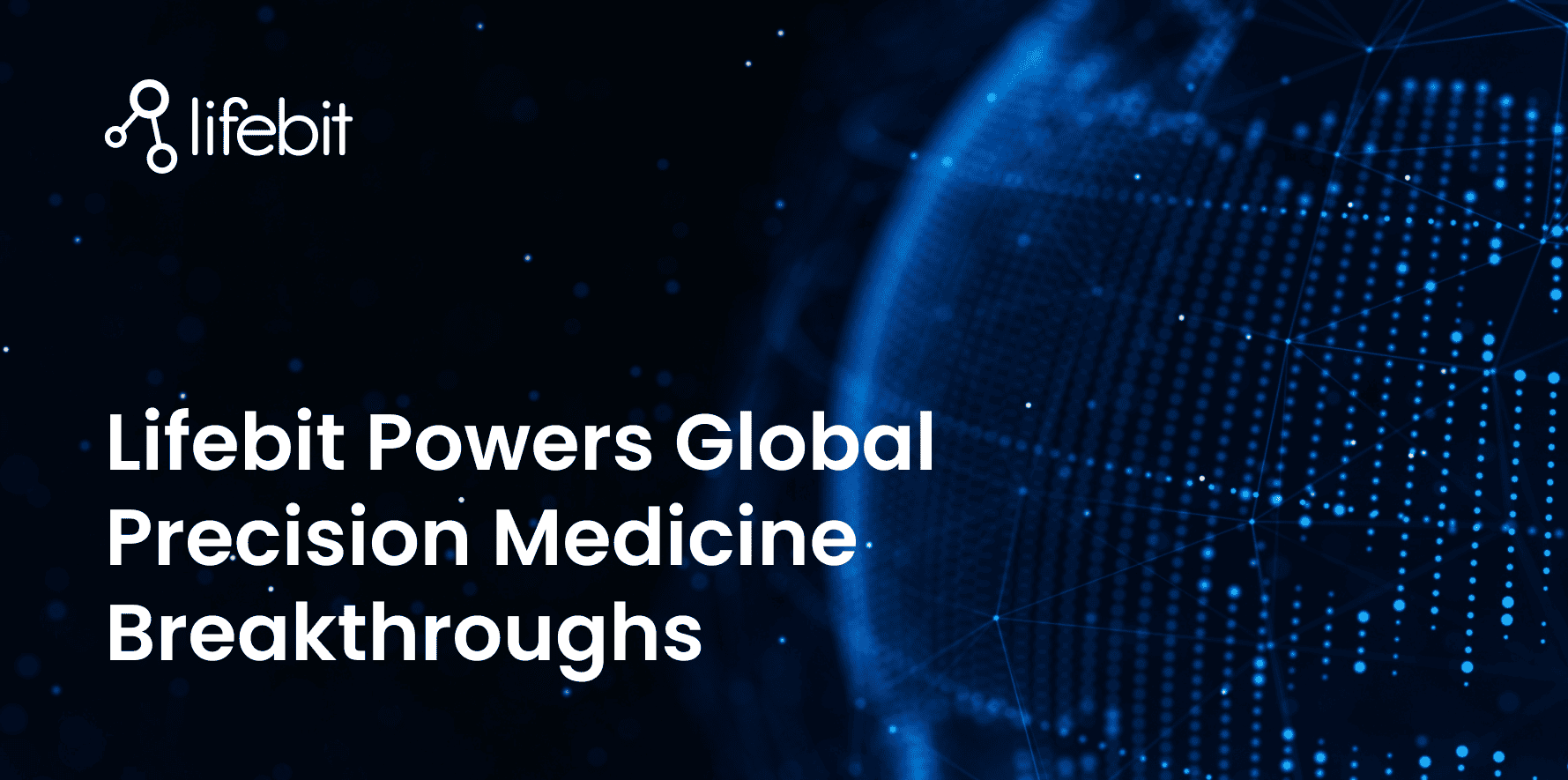
2025-03-14 15:45:18
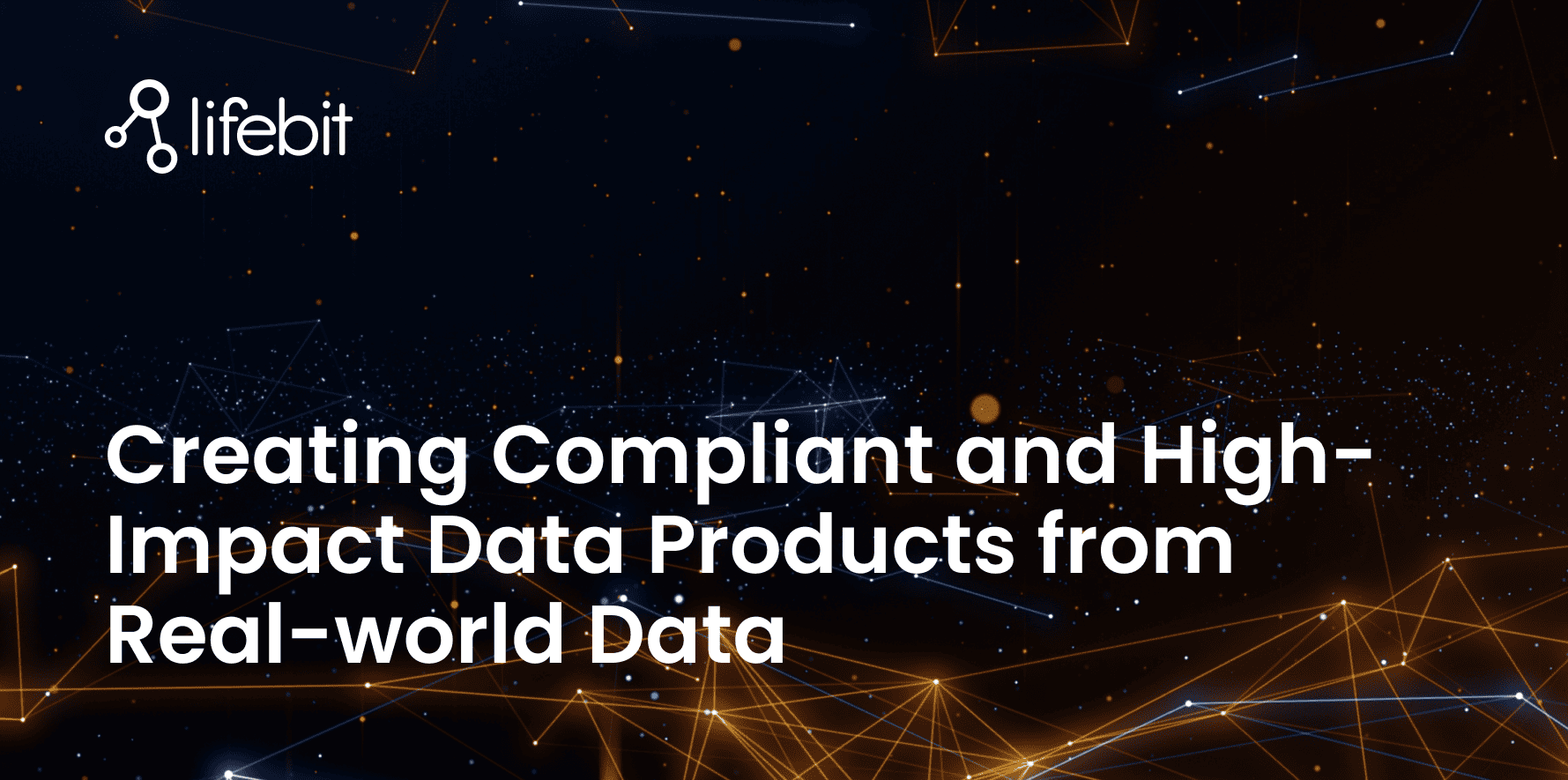
2025-03-05 12:49:53
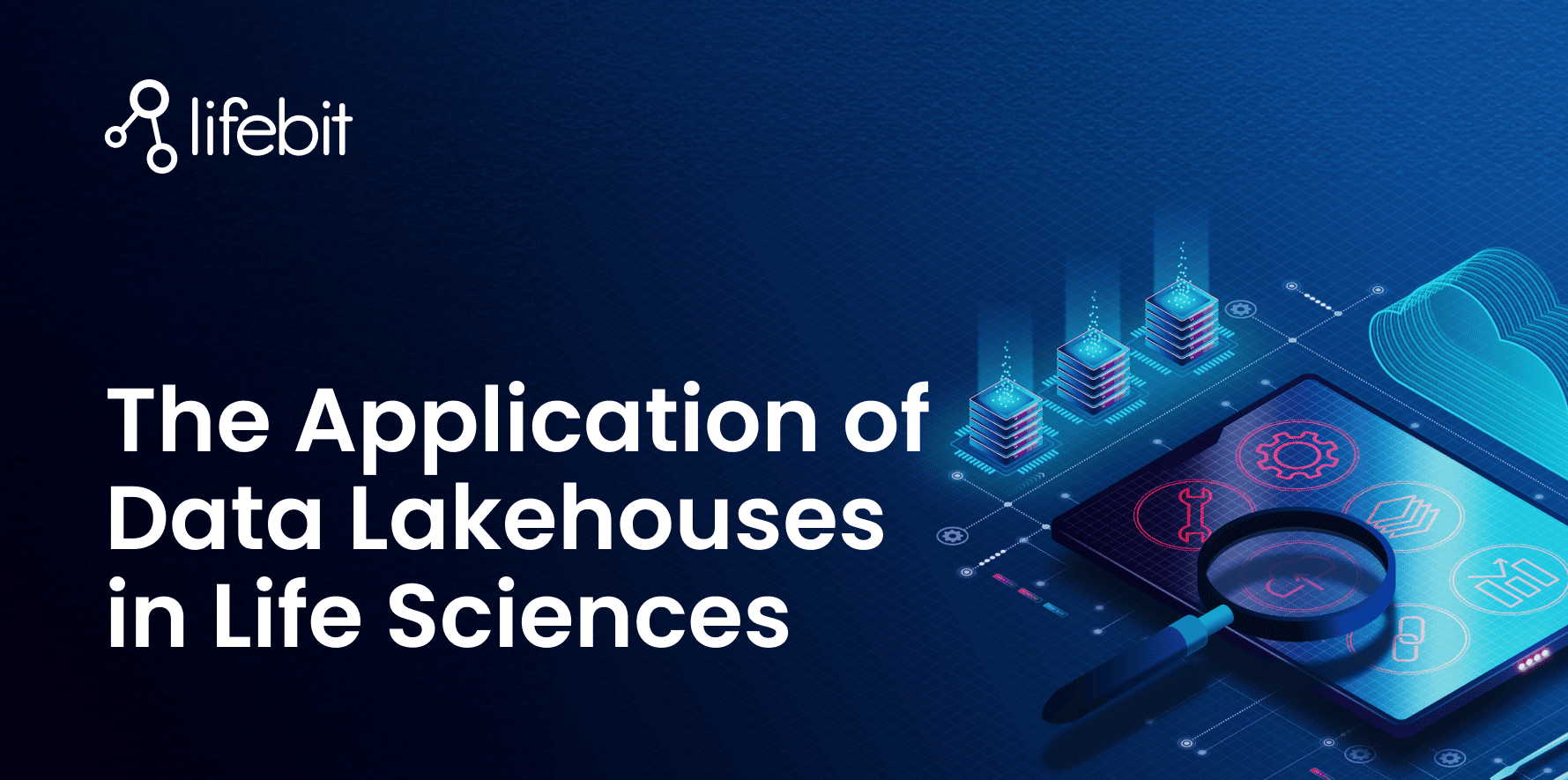
2025-02-27 10:00:00
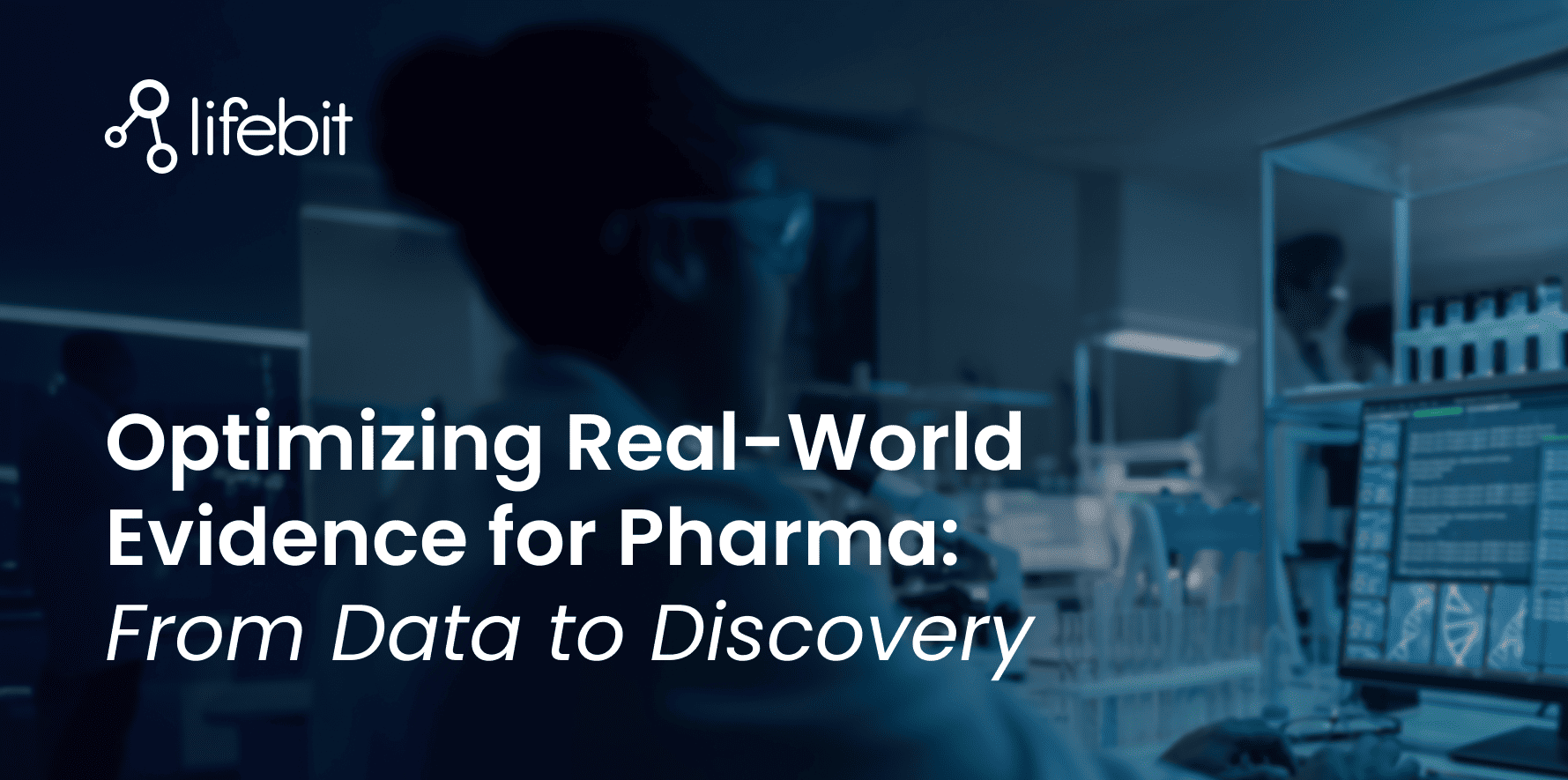
2025-02-19 13:30:24
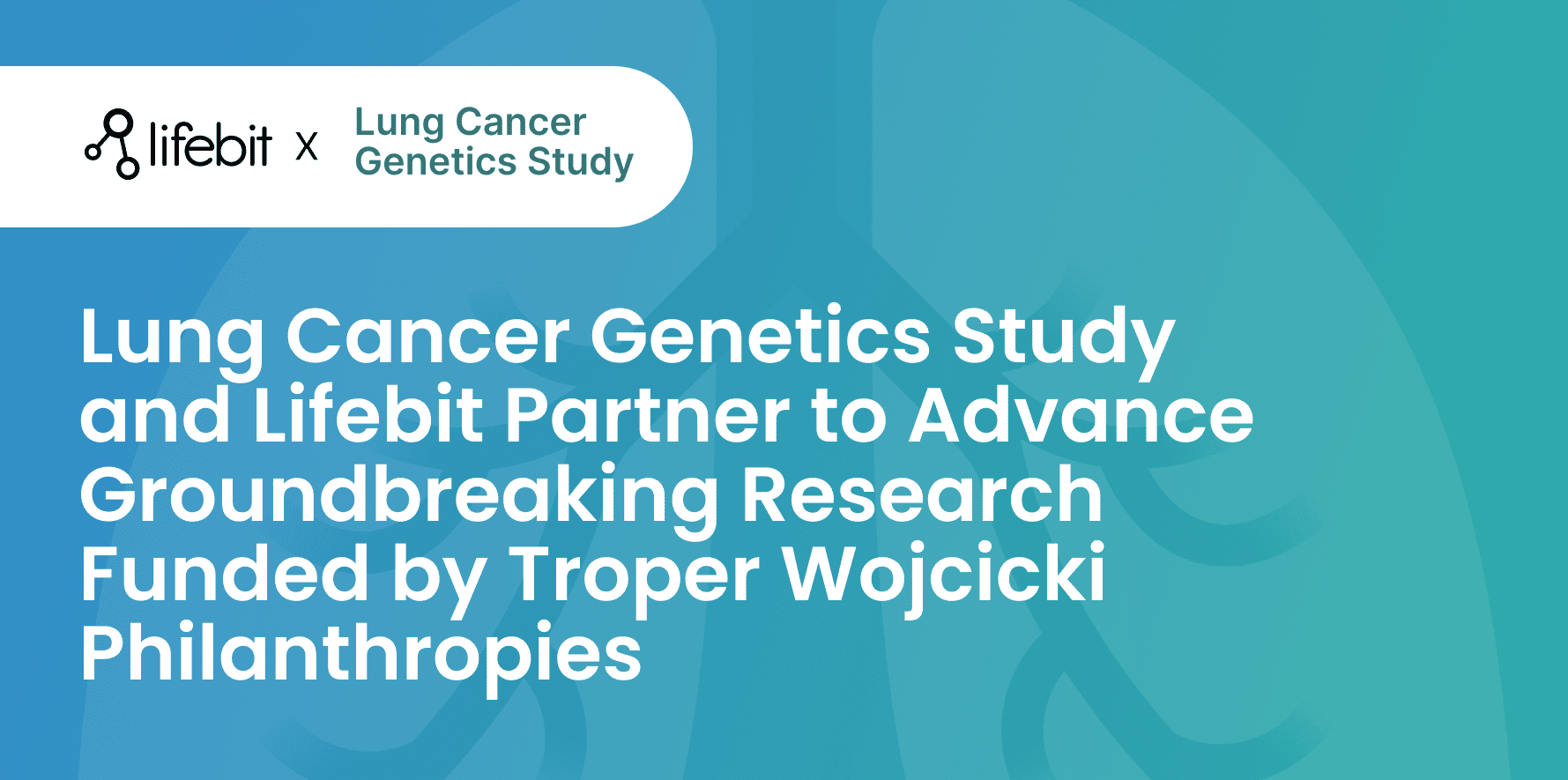
2025-02-11 08:39:49

2025-01-30 12:47:38
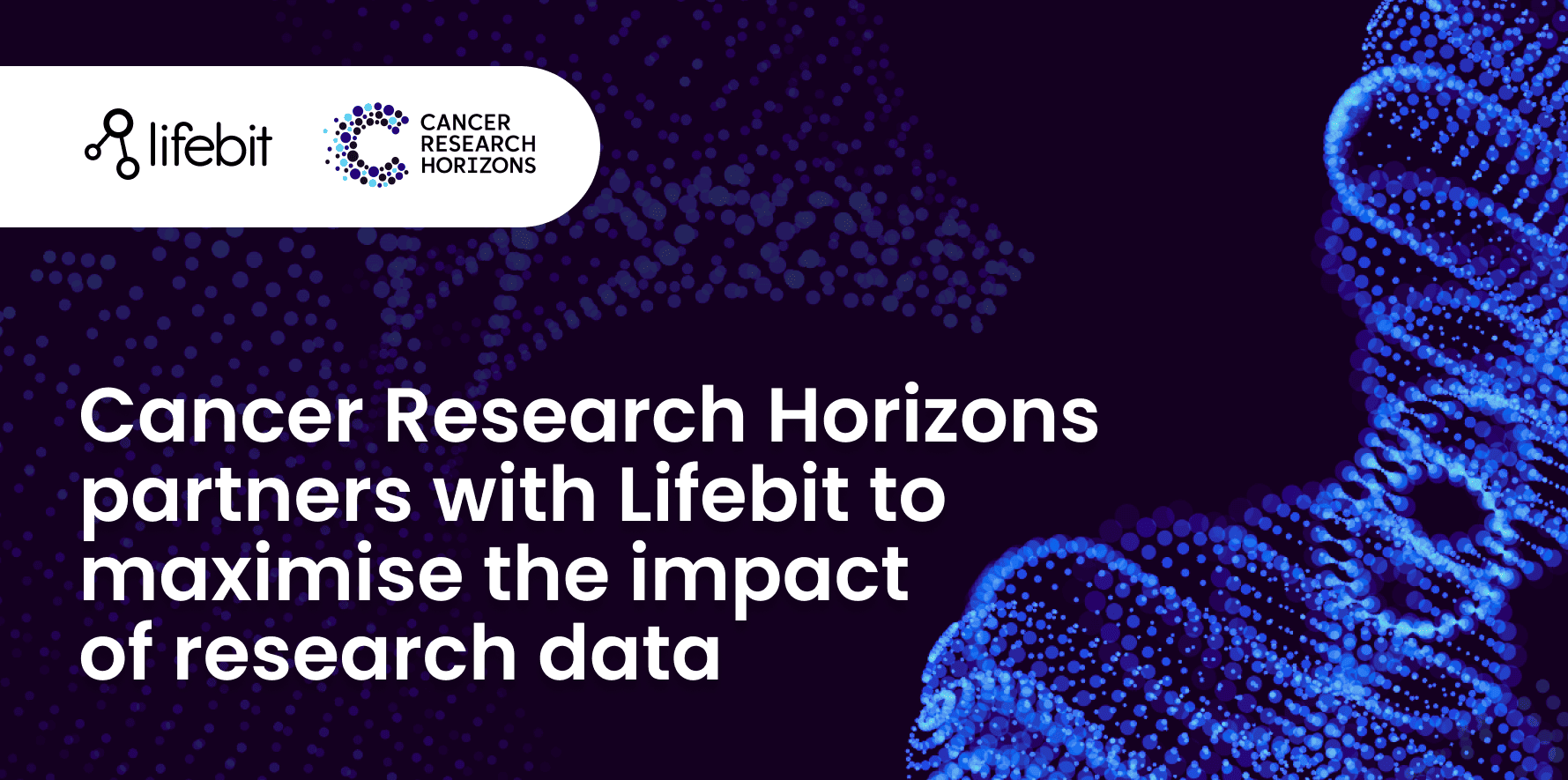
2025-01-28 08:00:00

2025-01-23 09:07:20
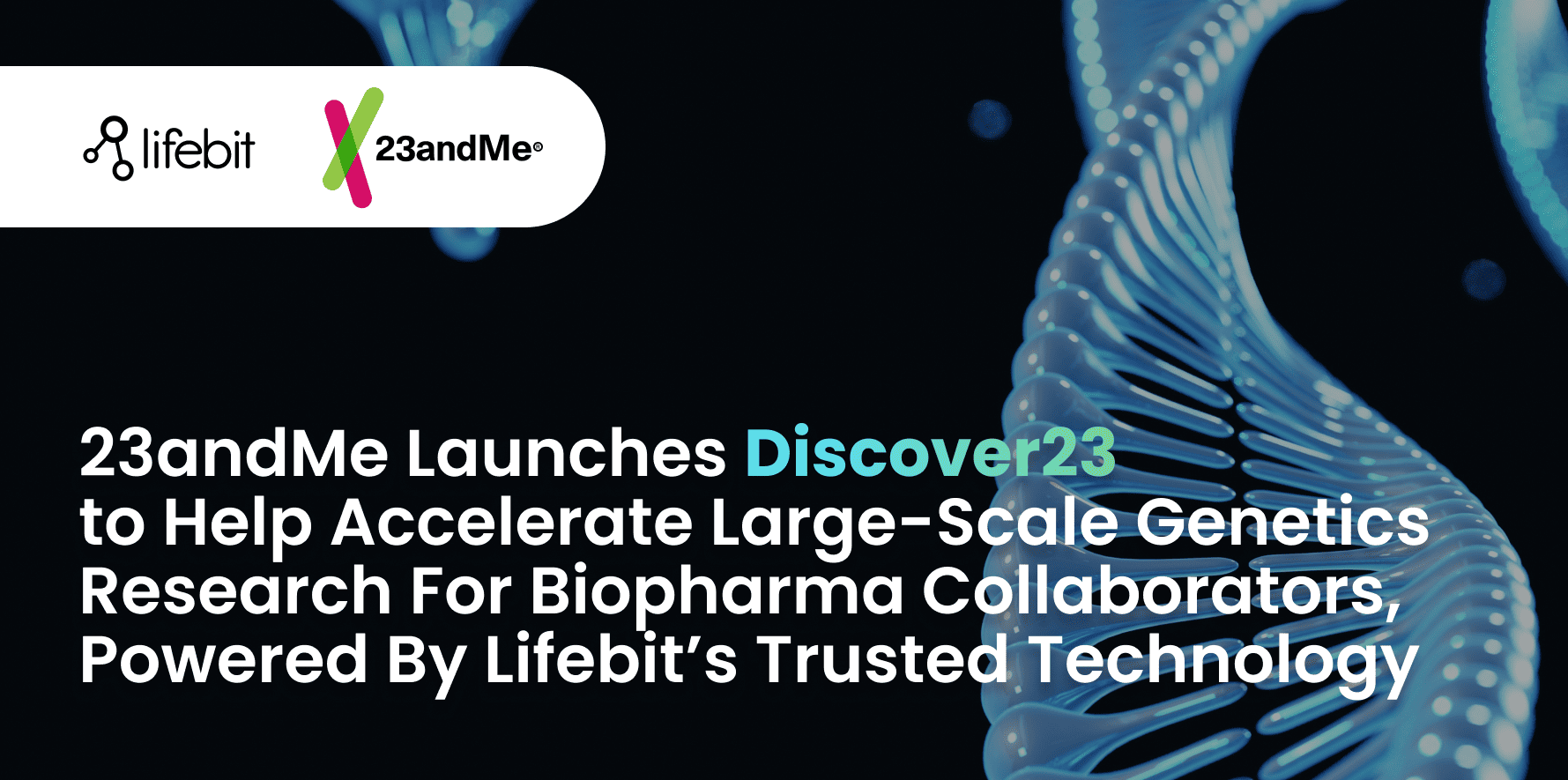
2025-01-08 13:58:41

.png)